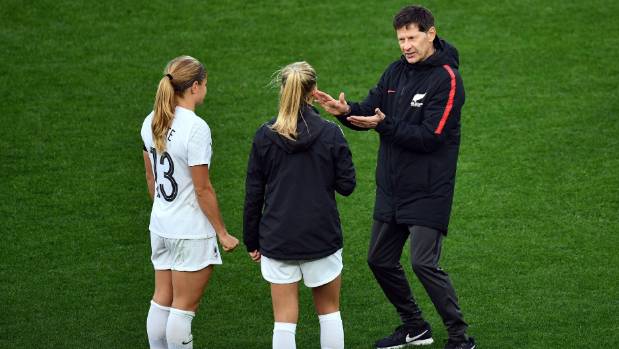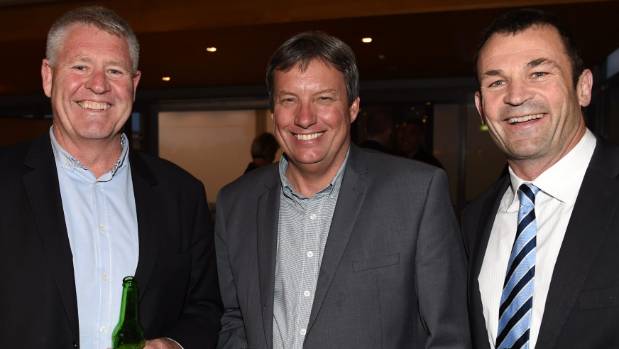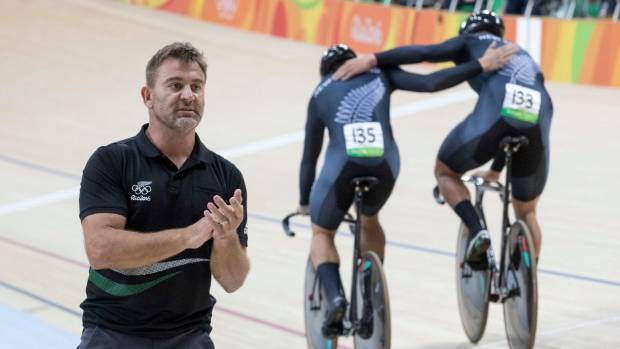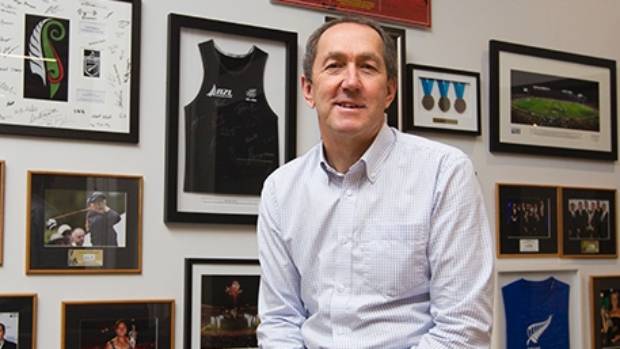
Sport NZ is reviewing integrity in sport including match fixing, doping, corruption and athlete duty of care.
Sport NZ is examining whether national sporting bodies are failing in their duty of care to athletes as Cycling NZ and NZ Football grapple with allegations of bullying, intimidation and inappropriate behaviour in its elite programmes.
The national governing body has commissioned top sports lawyer Stephen Cottrell to do a “stocktake” of the systems and processes New Zealand sports organisations have in place to ensure athlete welfare is taken seriously.
It comes as two NSOs launched high-profile investigations this month after athletes raised serious concerns about the culture of their respective high performance programmes.
An independent review into Cycling NZ began this month after allegations of bullying and inappropriate behaviour emerged following the departure of former head sprint coach Anthony Peden. Then on Wednesday, NZ Football announced technical director and Football Ferns coach Andreas Heraf has been placed on special leave while an investigation into his conduct is completed. The action against Heraf was taken after a group of 10 players wrote to NZ Football management outlining a “culture of intimidation” in the team.
Sport NZ chief executive Peter Miskimmin said the review into athlete welfare in elite sporting environments was already in the works when the Cycling NZ and Football Ferns scandals came to light.
“It may appear as though we only did it because of the cycling thing that come along, but that’s not the case, we were already looking into this area. What the issues with cycling did reinforce was the need to look long-term into how we might improve the high performance environment for athletes,” Miskimmin said.
“We need to make sure we are helping sports solve some of those problems.”
Football Ferns’ coach Andreas Heraf has come under fire for his approach.
New Zealand Athletes’ Federation general manager Roger Mortimer said the player welfare concerns reported in cycling and football are the same issues many other national sports organisations are grappling with behind the scenes. In recent years, the Federation has seen a marked increase in the number of stressed and disillusioned athletes seeking help, advice and guidance.
“To be honest it is very draining being at the other end, where we’re helping pick up the pieces for an increasingly large number of athletes, some of which are incredibly high-profile, but certainly do not want publicity around these issues,” he said.
Miskimmin said the genesis of the review goes back to the 2016 Rio Olympics, when several top athletes, including two-time Olympic gold medallist rower Mahe Drysdale and one of New Zealand’s most successful sailors, Jo Aleh, spoke out after the Games about the stark imbalance between what they receive in funding and what administrators are paid. Those calls came against the backdrop of worldwide movement for athlete rights as commercialism increasingly takes hold in Olympic and paralympic sports.

Stephen Cottrell (right) is leading a Sport NZ review into athlete welfare.
The work Cottrell is undertaking is just one strand of a major strategic piece of work Sport NZ are leading in the sports integrity space, which encompasses everything from anti-doping and match-fixing to sideline behaviour.
The Cottrell review will look at issues such as employment relations, athlete contracting models, remuneration, conflict resolution, and whether sports governing bodies have the right mechanisms in place to ensure athletes feel supported in speaking up.
“I think this is all part of the maturing of our high performance system. We know we’ve done a lot of things right, but we haven’t got all of them right,” Miskimmin said.
“What we are trying to do is create an environment that is about winning, but it is also about allowing athletes to be the best they can be and making sure their overall welfare is taken seriously.”

Former head sprint coach Anthony Peden departed Cycling NZ last month amid allegations of bullying and inappropriate behaviour.
Mortimer said he is heartened to see Sport NZ taking a deeper look at the issues, but he believes any review also needs to consider the targeted funding model under which sports operate. He said the issues emerging are emblematic of a broken system, which is putting medals before people.
“I don’t think it is too complicated in how it has come about, HPSNZ didn’t exist to about eight years ago. They’re responsible for pouring $60-100 million into the system that is based on a single highly volatile outcome,” Mortimer said.
“It’s been said ambiguity is the leading cause of stress in people, and I think these environments have become incredibly ambiguous for the people involved around whether people are going to get paid, and what support they are going to receive.”

Sport NZ chief executive Peter Miskimmin acknowledges athlete welfare issues are becoming more prevalent in elite sporting environments.
While Mortimer’s role is athlete-focused, he said he had a lot of empathy for coaches and support staff, who are working under extreme pressure.
“This is not just an athlete welfare issue, I think it is a wider sporting issue.”
Miskimmin has stressed the Sport NZ review is separate to the inquiry launched by HPSNZ this month to investigate the allegations against Peden and Cycling NZ’s response to athlete concerns. That review, which is being led by former solicitor general Michael Heron, will also examine the actions of HPSNZ and whether the funding agency played a role in allowing the toxic culture at Cycling NZ to fester.
[“Source-stuff”]
